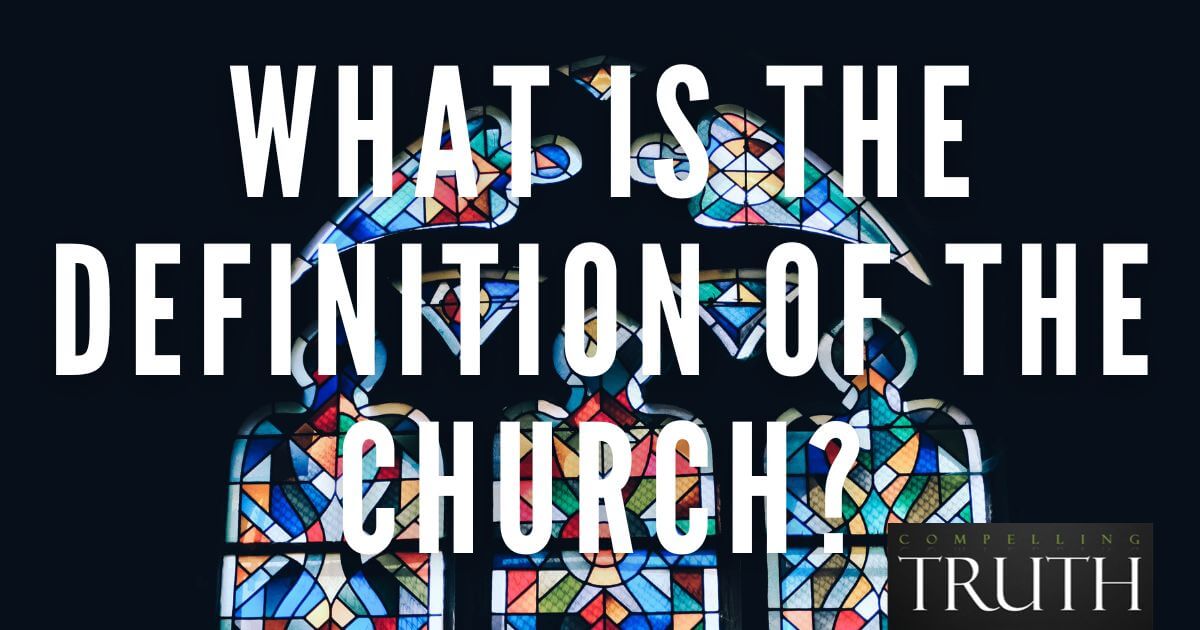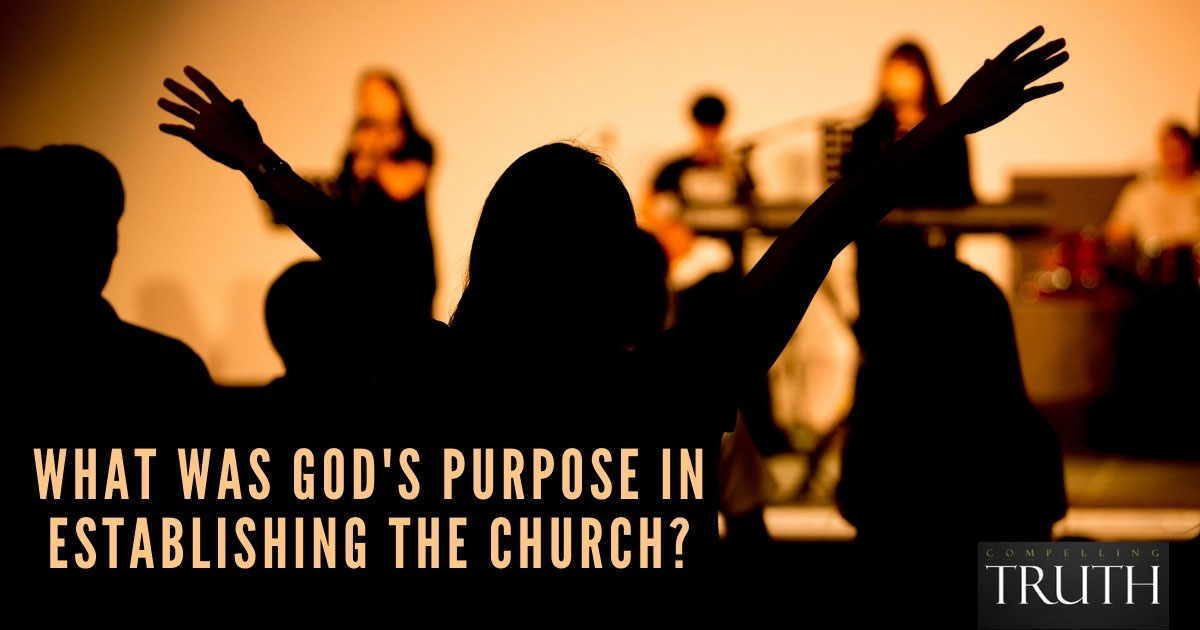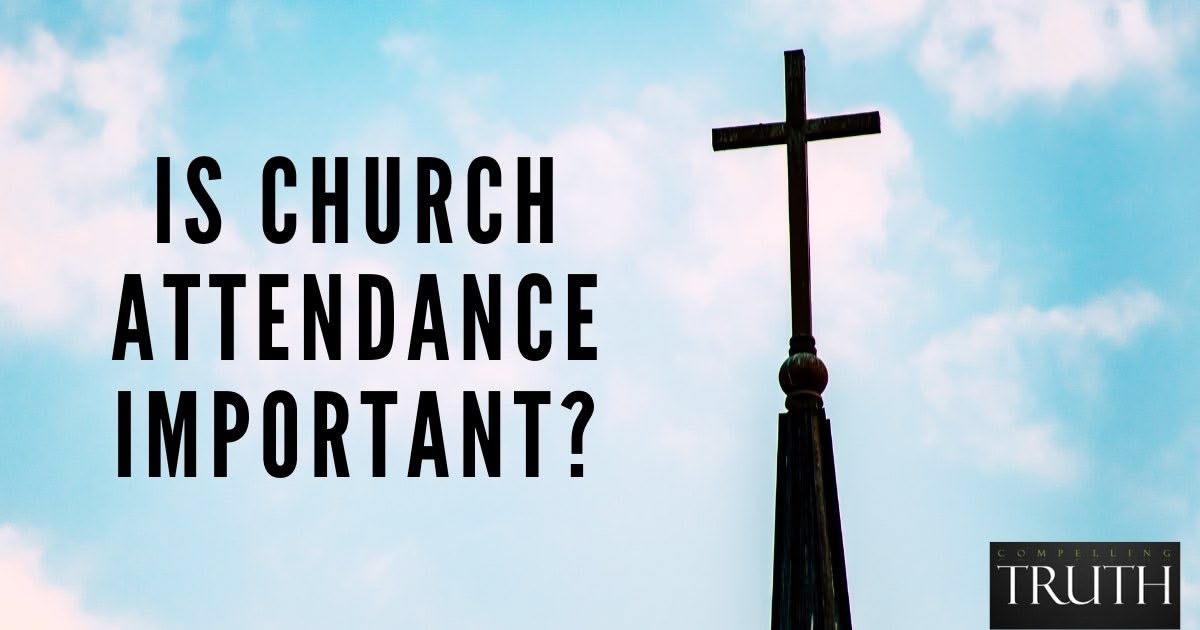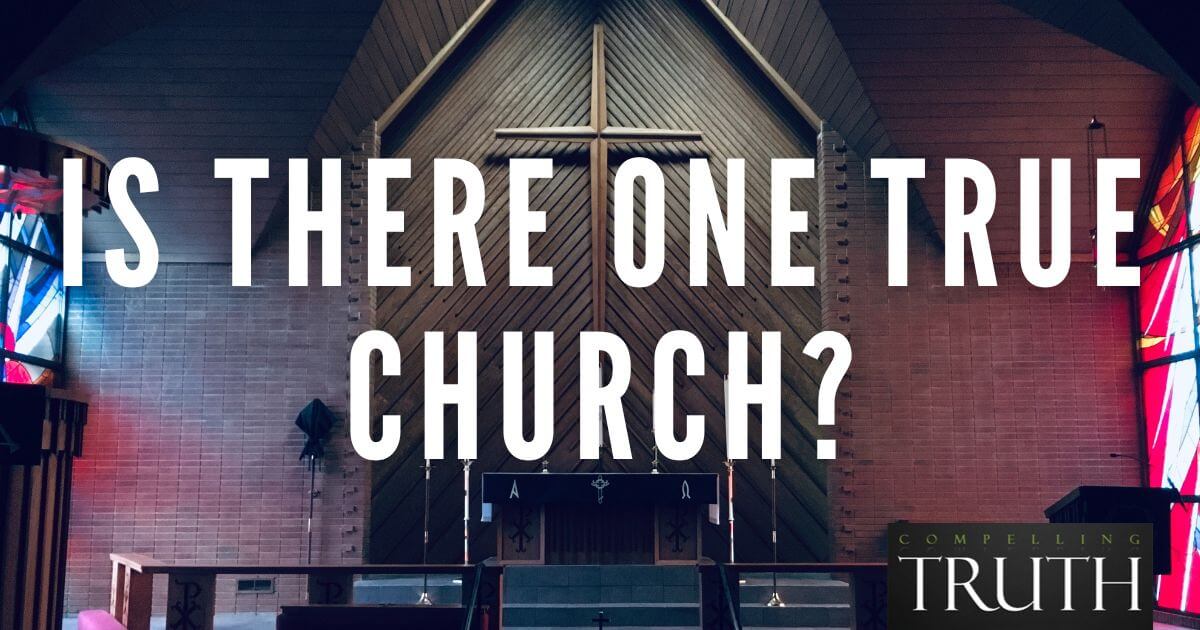The English word "church" comes from the Greek adjective kyriakon which means "of the Lord." Culturally, it referred to groups of Christ-followers or homes where they met, but in the Bible, the word is translated as the possessive "Lord's" and never refers to people or a group. Instead, 1 Corinthians 11:20 uses it to refer to the "Lord's Supper", and Revelation 1:10 uses it to identify the "Lord's day". The word in the Bible most often translated as "church" is the Greek ekklesia, which means any gathering of people. When Jesus said, "…on this rock I will build my church…" (Matthew 16:18), He was actually saying He would build His gathering of people.
The Greek ekklesia is used interchangeably of both local congregations and the body of believers as a whole. The difference is found in the context.
Local church
Often in the Bible "church" refers to a local congregation of believers.
Revelation 2—3: In the letters to the churches, the comments are addressed to specific churches in identified towns.
Romans 16:5; 1 Corinthians 16:19; Colossians 4:15; Philemon 1:2: Whenever a church is mentioned in affiliation with someone's home, it refers to a local congregation.
Acts 8:1; 1 Corinthians 1:2; 2 Corinthians 1:1; Galatians 1:2; etc.: When a church is identified with a city or a region, the word refers to local bodies of believers within that region.
"Church" is used the same way today. The local church is a specific body that meets in a designated place and can be comprised of believers and regularly attending non-believers. Our duties to the local church include regular attendance, respect for the leadership, and financial support. It is important for a believer to attend a local church because that is where biblical teaching, serving, and spiritual growth most often occur. The local church is also known as the "church family."
Universal church
At other times, "church" in the Bible means the group consisting of every Christ-follower.
Matthew 16:18; Acts 9:31; Ephesians 1:22-23; Colossians 1:18: In reference to Jesus' church, this includes all believers everywhere.
Acts 8:3; 1 Corinthians 15:9; Galatians 1:13; Philippians 3:6: When Paul persecuted the "church," he persecuted believers wherever he could find them from Jerusalem (Acts 8:1) to Damascus (Acts 9:1-20).
1 Corinthians 5:12; 10:32; 12:28; 14:12; Ephesians 5:23-24; 1 Timothy 3:5, 7, 15: When Paul gives instruction to "the church," he is often referring to the body of believers as a whole.
Today, we have the same distinction. The church universal includes every believer in the world, no matter what denomination, and excludes every non-believer even if they go to a Bible-teaching church. Our responsibilities to the universal church include prayer, support, and not causing division because of minor theological differences. It's important to note that the church universal may include individuals who go to local congregations that do not teach the true gospel.
The "church," whether local or universal, is a group of people seeking God. At no time in the Bible does "church" refer to a building. Despite the money, time, and attention we pay to structures, the true church is people.
The Greek ekklesia is used interchangeably of both local congregations and the body of believers as a whole. The difference is found in the context.
Local church
Often in the Bible "church" refers to a local congregation of believers.
Revelation 2—3: In the letters to the churches, the comments are addressed to specific churches in identified towns.
Romans 16:5; 1 Corinthians 16:19; Colossians 4:15; Philemon 1:2: Whenever a church is mentioned in affiliation with someone's home, it refers to a local congregation.
Acts 8:1; 1 Corinthians 1:2; 2 Corinthians 1:1; Galatians 1:2; etc.: When a church is identified with a city or a region, the word refers to local bodies of believers within that region.
"Church" is used the same way today. The local church is a specific body that meets in a designated place and can be comprised of believers and regularly attending non-believers. Our duties to the local church include regular attendance, respect for the leadership, and financial support. It is important for a believer to attend a local church because that is where biblical teaching, serving, and spiritual growth most often occur. The local church is also known as the "church family."
Universal church
At other times, "church" in the Bible means the group consisting of every Christ-follower.
Matthew 16:18; Acts 9:31; Ephesians 1:22-23; Colossians 1:18: In reference to Jesus' church, this includes all believers everywhere.
Acts 8:3; 1 Corinthians 15:9; Galatians 1:13; Philippians 3:6: When Paul persecuted the "church," he persecuted believers wherever he could find them from Jerusalem (Acts 8:1) to Damascus (Acts 9:1-20).
1 Corinthians 5:12; 10:32; 12:28; 14:12; Ephesians 5:23-24; 1 Timothy 3:5, 7, 15: When Paul gives instruction to "the church," he is often referring to the body of believers as a whole.
Today, we have the same distinction. The church universal includes every believer in the world, no matter what denomination, and excludes every non-believer even if they go to a Bible-teaching church. Our responsibilities to the universal church include prayer, support, and not causing division because of minor theological differences. It's important to note that the church universal may include individuals who go to local congregations that do not teach the true gospel.
The "church," whether local or universal, is a group of people seeking God. At no time in the Bible does "church" refer to a building. Despite the money, time, and attention we pay to structures, the true church is people.



